By Chip Brownlee
Alabama Political Reporter
MONTGOMERY — Suspended Alabama Chief Justice Roy Moore has asked the Special Supreme Court tasked with hearing his appeal to expedite his case and decide his appeal on previously filed briefs.
In a motion filed Wednesday, Moore’s attorneys asked the Court to waive oral arguments and consider the appeal on its merits. Oral arguments were previously set for April 26, 2017.
Moore argues that the scheduling of oral arguments in April presents a great financial hardship for him and his family.
“The Chief Justice is without income to survive,” said Mat Staver, the lead attorney for Moore. “This case is fully briefed and ready for an expedited resolution.”
The Court of the Judiciary suspended Moore on Sept. 30 for issuing an administrative order, which the Court ruled was as a violation of the Alabama Canons of Judicial Ethics. The suspension lasts until Moore’s term runs out in January 2019, at which time Moore will be too old to run for re-election under Alabama law.
The suspension — which terminated Moore’s pay and benefits — is the longest in the history of the Court of the Judiciary, and Alabama law prevents judges from seeking outside employment.
“Justice delayed is justice denied, particularly in this case where the COJ’s clever but illegal ‘suspension’ for the rest of the Chief Justice’s term precludes him from earning a livelihood to support his family,” Moore’s attorneys wrote in the motion.
In two briefs filed before the Court, Moore’s attorneys argue that the Court of the Judiciary overstepped its authority by voting to suspend the Chief Justice for the remainder of his term. They say his suspension and the charges against him should be overturned.
Alabama law under COJ Rule 16 requires the COJ, a nine-member judicial oversight panel, to vote unanimously to remove a judge from the bench, but the COJ evaded that requirement by using a simple majority vote to suspend Moore for the remainder of his term.
During the September trial, the Judicial Inquiry Commission successfully argued to the COJ that Moore had violated the Alabama Canons of Judicial Ethics by issuing an improper administrative order to the State’s 67 probate judges.
The Judicial Inquiry Commission said Moore’s administrative order, issued on Jan. 6 of this year, directed the probate judges to defy the US Supreme Court’s 2015 ruling in Obergefell v. Hodges, which effectively legalized same-sex marriage in all 50 states. At the time he said probate judges had a “ministerial duty” to not issue same-sex marriage licenses because of previous Alabama Supreme Court rulings and Alabama’s traditional marriage amendments.
Moore’s attorneys argue that his order didn’t tell “anyone what to do” and was simply an update or an overview of existing precedent and law regarding same-sex marriage in Alabama.
“Any objective review of this case must conclude that Chief Justice Moore did nothing wrong and should have never been charged,” Staver said. “The Judicial Inquiry Commission violated the rule of law and the COJ violated clear law when it de facto removed Chief Justice Moore when the order admits the court did not have the required unanimous vote to remove.”
The two briefs Moore’s attorneys have filed state that five of the charges against Moore were not proven and thus should be dismissed, and a sixth charge was not actually submitted to the JIC and was not properly brought before the COJ.
On top of the assertions that the COJ overstepped its authority and the JIC never proved their charges, Moore’s attorneys also say Alabama’s constitutional requirement for suspension after any charges are filed against a judge is also unconstitutional.
Moore was first temporarily suspended in May before his trial in September, after which time he was permanently suspended.
Moore’s suspension last year wasn’t the first time the Court of the Judiciary effectively removed Moore from his job as the State’s top judicial officer. He was removed once before, in 2003, for violating a federal court order to remove a two-ton granite Ten Commandments monument from the State’s Judicial Building.
The Court completely removed him from his post during that go-around.
Moore ran for Chief Justice again in 2012, winning by a large margin. He began his six-year term in 2013, and it’s set to expire in 2019. The COJ’s suspension, if upheld by the Special Supreme Court, will be the end of Moore’s judicial career.
The 7-member panel of the Special Supreme Court is made up of randomly-selected former Alabama Circuit and Appeals Court judges. The Special Court was empaneled after the judges of the Alabama Supreme Court justices recused themselves from the case in October for their prior involvement in Moore’s case and their closeness to him as a colleague.
The case awaits a response from the Special Supreme Court on Moore’s motion filed Wednesday.
Email Chip Brownlee at [email protected] or follow him on Twitter.














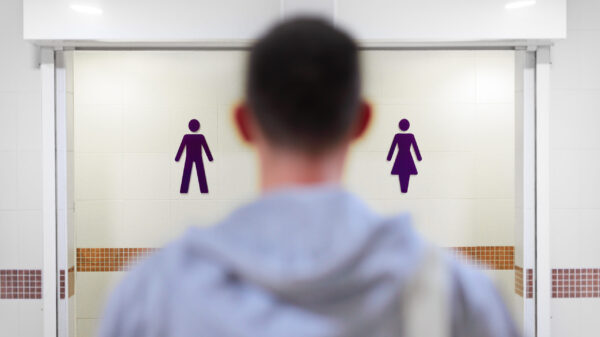




















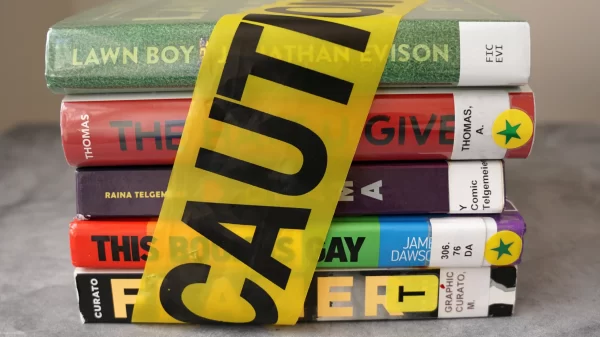

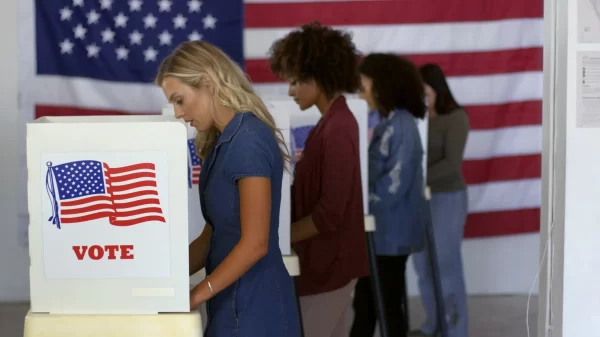


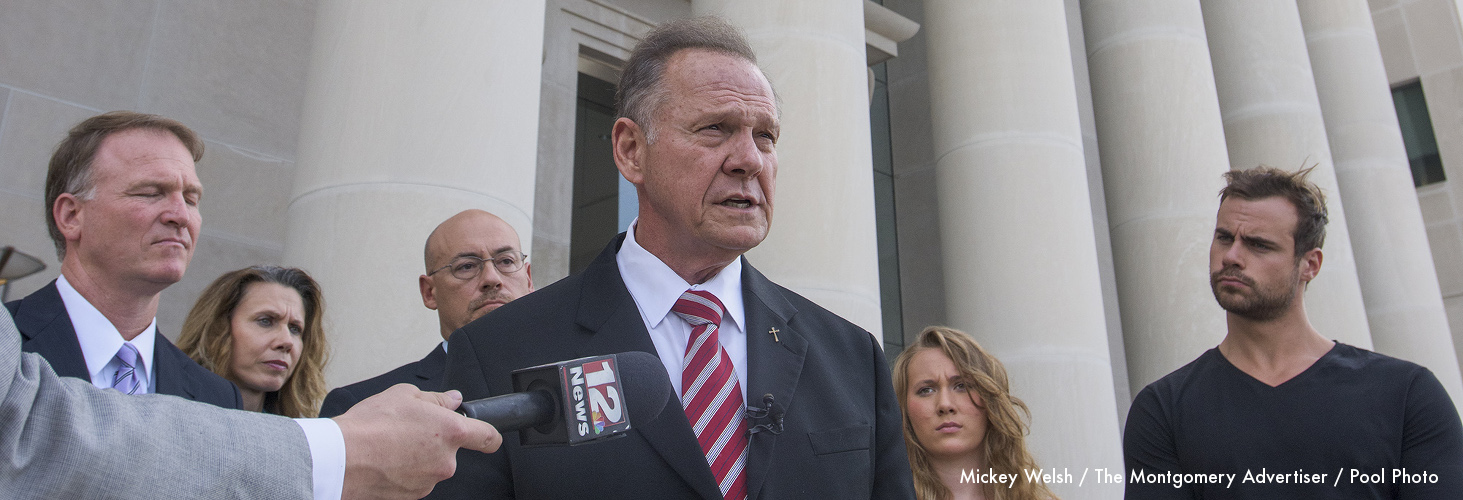










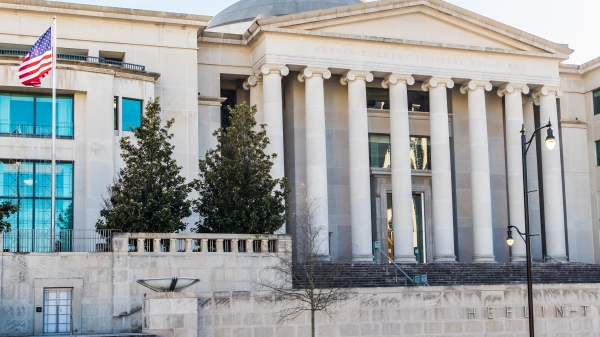

You must be logged in to post a comment Login